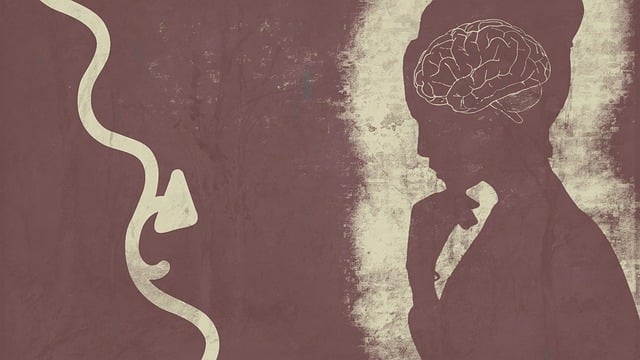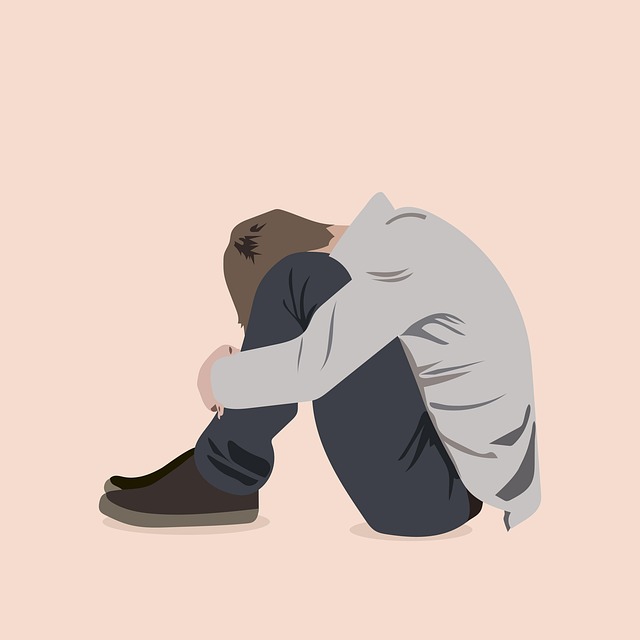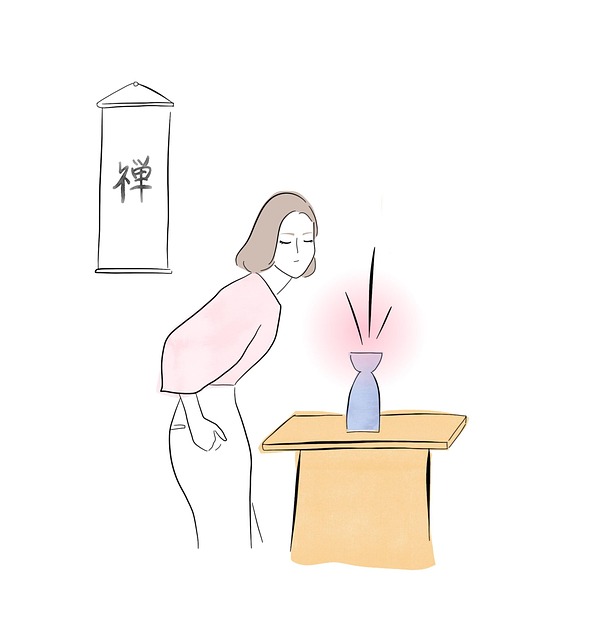Mental illness stigma severely hinders young adults seeking support. Therapy combined with Independent Medical Evaluations (IMEs) disrupts this cycle by providing objective assessments and safe spaces for dialogue. Tailored therapy, including stress management and inner strength development, empowers young adults to manage their conditions openly within social circles, reducing stigma. IMEs, policy advocacy, community education, and self-care routines further break down barriers, fostering a culture of mental wellness.
Mental illness stigma remains a significant barrier to young adults seeking help. This article delves into strategies aimed at reducing this societal scourge, offering valuable insights from diverse perspectives. We explore “Understanding the Stigma Around Mental Illness” through the lens of a young adult’s experience, and uncover the power of therapy and independent medical evaluations in fostering acceptance. Furthermore, we present practical “Strategies for Continuous Support and Education” to break down barriers and create a more inclusive society where mental health is prioritized.
- Understanding the Stigma Around Mental Illness: A Young Adult's Perspective
- The Role of Therapy and Independent Medical Evaluations in Reducing Stigma
- Strategies for Continuous Support and Education to Break Down Barriers
Understanding the Stigma Around Mental Illness: A Young Adult's Perspective

The stigma surrounding mental illness is a significant barrier to young adults seeking help. Many individuals struggle in silence, afraid to share their experiences for fear of judgment or discrimination. This internalized shame can lead to prolonged suffering and even exacerbate symptoms. From social media pressures to academic expectations, young adults often feel they must maintain a certain image, making it challenging to admit vulnerability.
Therapy for young adults plays a pivotal role in disrupting these harmful patterns. Independent Medical Evaluations (IMEs) can be powerful tools, offering objective assessments that validate experiences and challenge societal norms. By encouraging open dialogue and providing safe spaces, healthcare providers contribute to burnout prevention strategies essential for supporting emotional healing processes. Incorporating mental wellness journaling exercises into treatment plans further empowers individuals to track progress, fostering self-awareness and resilience in navigating life’s challenges.
The Role of Therapy and Independent Medical Evaluations in Reducing Stigma

Mental health education programs designed to raise awareness and promote understanding play a crucial role in stigma reduction efforts. By providing accurate information about various mental illnesses and challenging stereotypes, these programs can foster empathy and reduce fear among both individuals and communities. Moreover, independent medical evaluations offer a critical perspective by assessing an individual’s mental health status objectively, free from societal biases. This professional evaluation can serve as a powerful tool to dispel myths and misconceptions, replacing them with evidence-based insights that promote compassionate support.
Therapy for young adults, particularly, has proven effective in tackling stigma head-on. Through tailored sessions focusing on inner strength development and stress management workshops, individuals learn coping mechanisms and gain a deeper understanding of their mental health. These therapeutic approaches not only empower young adults to manage their conditions effectively but also encourage open dialogue about mental illness, further diminishing the associated stigma within their social circles.
Strategies for Continuous Support and Education to Break Down Barriers

Reducing stigma surrounding mental illness requires a multifaceted approach, with a strong emphasis on continuous support and education. One key strategy involves providing accessible therapy for young adults, tailored to their unique needs and challenges. Early intervention through professional counseling can significantly mitigate internalized stigma and promote healthier coping mechanisms. Additionally, incorporating independent medical evaluations into the process allows for personalized treatment plans, addressing specific mental health concerns while fostering trust in healthcare systems.
Beyond individual therapy, Mental Health Policy Analysis and Advocacy plays a crucial role in shaping societal attitudes. By reviewing existing policies and pushing for improvements, advocates can ensure that mental health services are inclusive and accessible to all demographics. Encouraging open conversations about mental illness through community events, social media campaigns, and school programs also contributes to breaking down barriers. Incorporating Self-Care Routine Development for Better Mental Health into these efforts empowers individuals with tools to maintain their well-being, fostering a culture of proactive mental health management.
Mental illness stigma reduction is a multifaceted approach that requires understanding, education, and continuous support. By incorporating insights from young adults and leveraging tools like therapy and independent medical evaluations, we can create a more inclusive society where mental health is treated with the same compassion as physical health. Engaging in ongoing conversations, promoting access to quality therapy for young adults, and encouraging comprehensive independent medical evaluations are essential steps towards breaking down barriers and fostering empathy. Together, these efforts have the potential to revolutionize how we perceive and support individuals living with mental illness.











